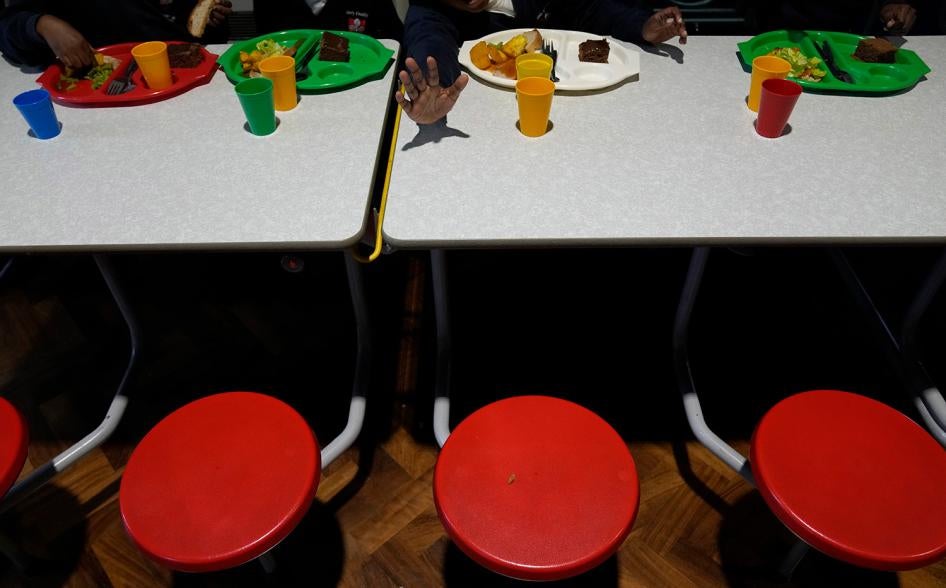When I asked Gemma, a single mother in Hackney if she struggled to afford food, she said she had barely eaten all week and that she just drank a lot of water to trick her stomach into feeling full. She said she regularly skipped meals so her son could eat. It had been his birthday the week before and she had no money left.
Now, on October 6, the government plans to cut the support she receives from the state, in what UK poverty organizations regard as the single biggest cut to the rate of social security in UK’s postwar welfare state. This will undoubtedly have a major impact on the lives of millions of low-income families who rely on this already often inadequate social security support to put food on the table, and pay for basics like rent and heating bills.
I have spent recent months researching the crisis in temporary accommodation and homelessness in London, and the women with young children I have spoken to explained the tough reality of life on Universal Credit.
On September 16, a non-binding vote in Parliament called on the government to cancel the proposed cut. On September 17, the United Nations expert on Poverty and human rights, Olivier De Schutter, said he considers the cut "unconscionable” and made public a letter in which he told the UK government that the cut is “likely to leave millions of Universal Credit recipients struggling to meet their daily expenses.”
The number of people claiming Universal Credit has doubled since the start of the pandemic, to nearly 6 million. Just under half of the households include children, and half of those are with children under the age of 5.
Government cuts to support affect low-income families’ economic and social rights - like their rights to food, housing, or social security. When I have asked low-income families living in precarious housing across the capital if their benefits payments were adequate, most were grateful for what they were given, but highlighted that they often still needed to visit their local food bank just to make ends meet.
A few broke down in tears when I probed further. Laila, mother to a young boy living in the borough of Wandsworth told me that her benefits payments do not cover her basic needs. She visits a food bank often, but finds asking for help shameful. She tries to go at when she thinks it will be quiet and limits herself to taking only nappies and baby wipes for her son.
Another woman, Caroline, is pregnant and a mother to two young boys, living in the borough of Croydon. She told me the cut to her Universal Credit would be devastating. She said she is unable to work at the moment and does not know how she will continue to afford the things her sons need for school, or how she will manage when the new baby arrives. She relies on food parcels from charities to feed her family.
The government’s justification for the cut is that it was a Covid-19 pandemic relief measure that has now run its course. However, long before the pandemic, people on Universal Credit were struggling to make ends meet. A Conservative former minister responsible for social security, Stephen Crabb, spoke powerfully during the debate in Parliament explaining why, on reflection, he now accepted that the levels of social security support are inadequate and that the £20 per week should be maintained.
This proposed cut would violate the UK’s international human rights obligations to progressively realize people’s right to an adequate standard of living. This is something Human Rights Watch has pointed out to Parliamentarians and which the UN’s expert on extreme poverty has made clear to the government.
Under international human rights law, regressive measures such as this are only allowed in very limited circumstances. An assessment would be needed that the maximum available resources are being used, and that the impact on people’s basic human rights is minimal and temporary. The government said recently that no such assessment will be taking place, although news reports suggested that it did but remains unpublished.
It is bad enough that parents are going without food so that their children can eat. Now the government wants to cut away the lifeline in place for the millions of families, and children, who rely on it. The UK government claims they want to build back better, they should start by keeping, not cutting, Universal Credit, and then taking measures to really lift millions out of poverty.








